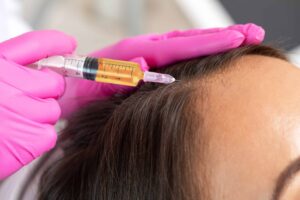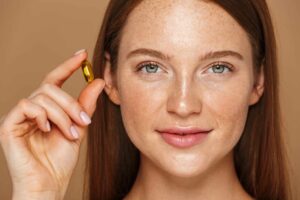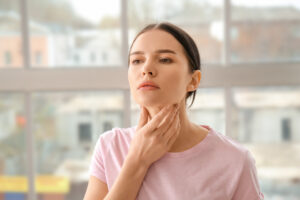
PRP Injections for Hair Loss: A Comprehensive Guide
PRP Injections for Hair Loss: A Comprehensive Guide Hair loss is a common problem that many people face. It can be caused by a variety of factors, such as genetics, age, and lifestyle choices. There are many treatments available for










